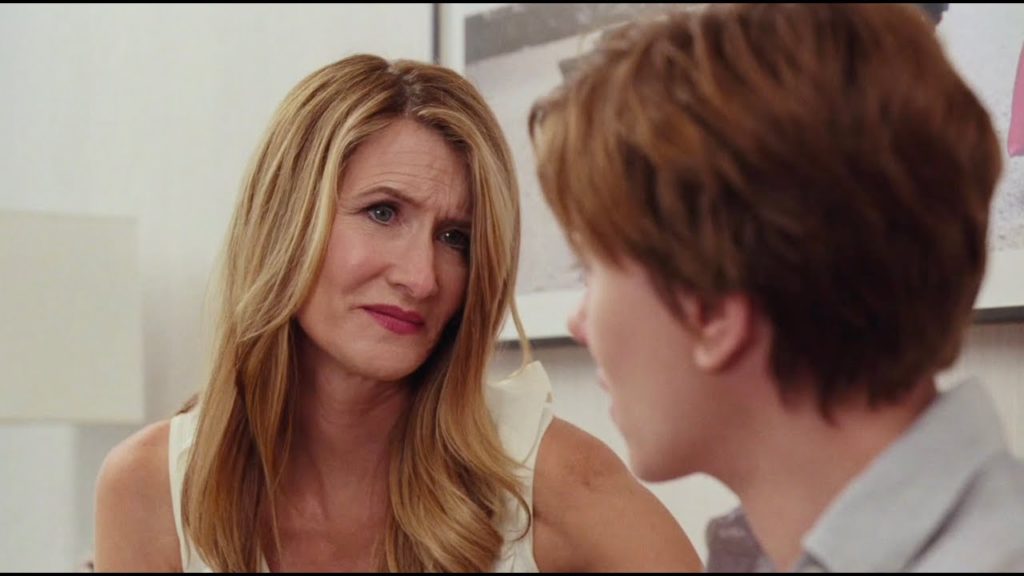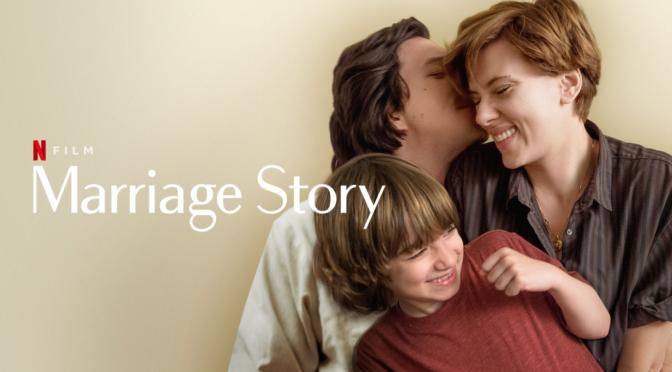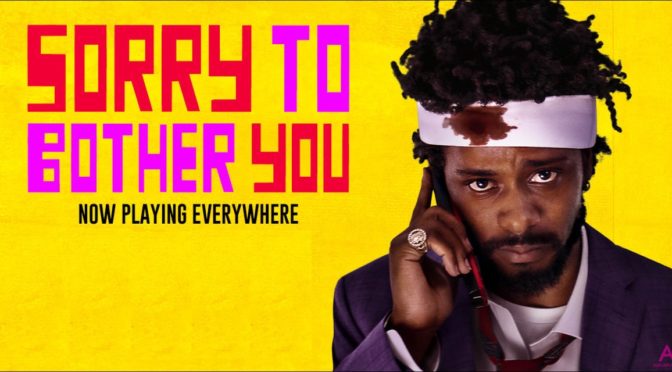Inspired in part by his own divorce, Noah Baumbach (Frances Ha) writes and directs the story of an artist couple at the end of their marriage. Charlie (Adam Driver; Paterson) is a play director and Nicole (Scarlett Johansson; Jojo Rabbit) is an actress in New York. They have a young son together, but, due to differences in long-term goals, have decided to divorce. There was no inciting incident, just a gradual diverging that has led to their current situation with no visible hostilities from either party.
While Baumbach gives both parents plenty of attention, he isn’t completely even-handed. It may be due to personal biases or due to Charlie being partly based on Baumbach himself, but the film places more blame on Nicole. Neither lead is a villain here as both husband and wife make mistakes, but Nicole escalates the situation by hiring a vicious divorce attorney named Nora (Laura Dern; Blue Velvet). They had initially agreed to using a mediator to keep lawyers out of the picture, but when Nicole violates that agreement it makes her initially appear like the aggressor. Charlie is served with divorce papers and, without representation of his own, is put in a vulnerable position as Nora threatens to take everything.

If nothing else, the film will make every viewer hate divorce attorneys. Charlie’s initial lawyer is an older man that gives him circular contradictory advice and seems partially defeated before even starting. When Charlie switches to a high-end option (Ray Liotta; Goodfellas), he is stuck with an effective but overly aggressive lawyer that curses with every breath about how Charlie is damaging his own position. As bad as Liotta’s character is, he is at least upfront with his hostility. Nora is an absolute abomination. Dern, who is normally immensely likable in all her roles, plays Nora as a slimy, two-faced villain that will politely screw you over while brandishing a fake smile. In both cases the lawyers end up costing tens of thousands of dollars to the detriment of the family. One character notes that they’re taking from their son’s college money to pay for legal fees.
After the lawyers become involved, Marriage Story is able to effectively show the emotional strain caused by the divorce. Charlie and Nicole’s divorce is initially completely amicable. They know they need to separate, but there is no bad blood until attorneys start making demands. Both threaten to claim spousal support, something neither originally wanted, and slander each other using inconsequential facts to portray the other as an irresponsible parent. This creates resentment between Charlie and Nicole and results in hurtful screaming matches where long buried thoughts surface as devastating insults. Every part of their arguing feels raw and unfiltered, like pent up frustration rather than dramatic dialogue. The legal maneuvering and the following emotional harm warps their priorities and causes them to fight for minor wins instead of creating the best situation for their family. By showing how Charlie and Nicole’s relationship is upended by the legal process, Baumbach succeeds in making Marriage Story a sensitive and realistic examination of the messiness of divorce.

4/5 stars.


